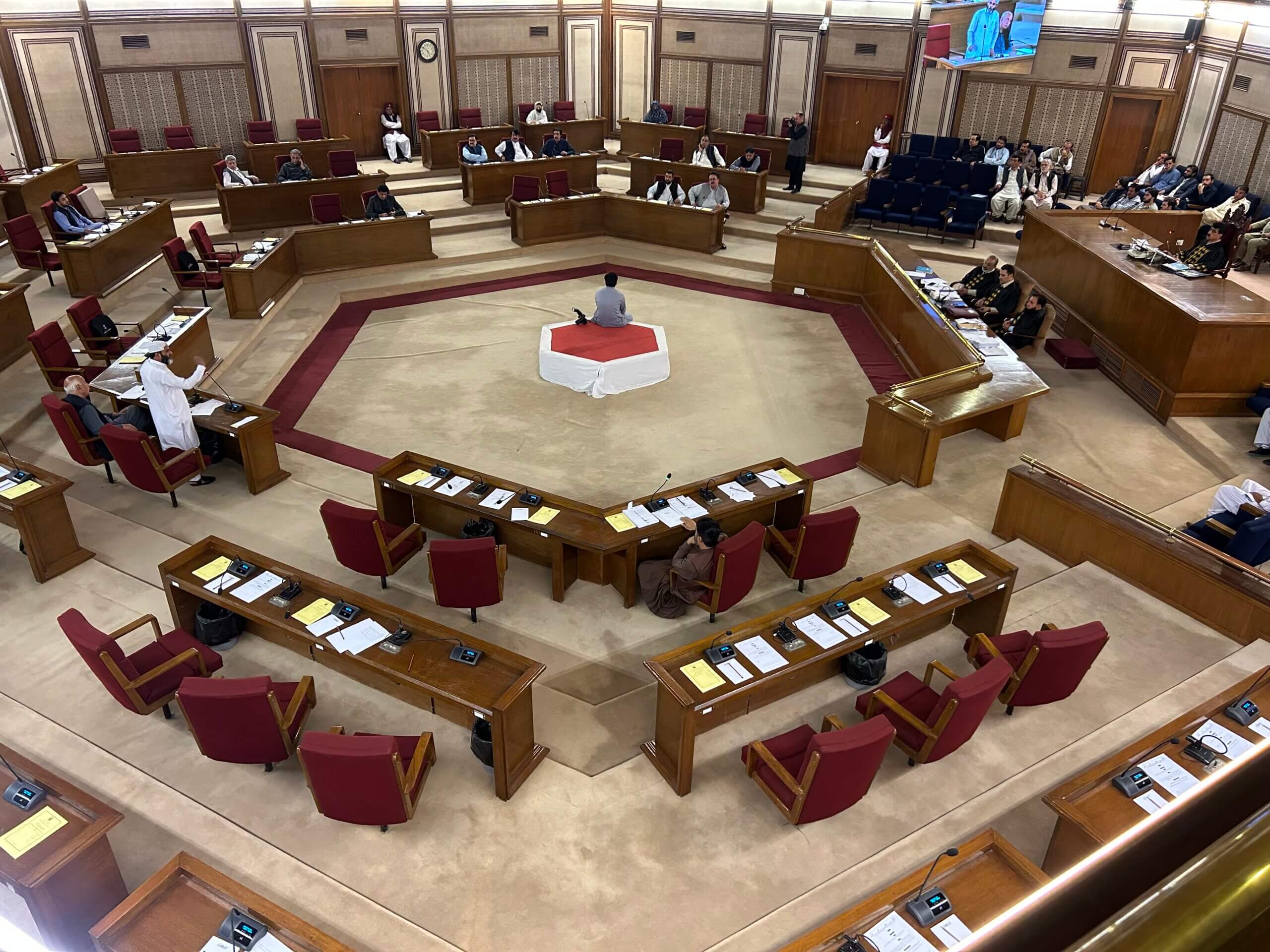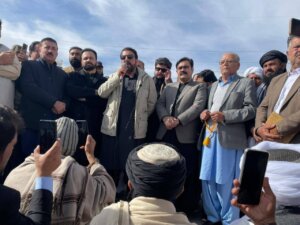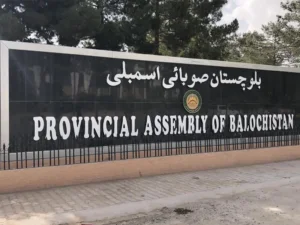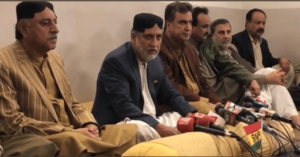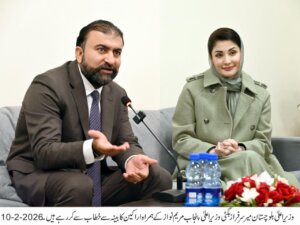Syed Ali Shah Analysis:
Unfounded rumours about a possible shift in Balochistan’s leadership once again stirred the province’s political atmosphere, but senior lawmakers from the PML-N and PPP stepped forward on Friday to put the speculation to rest. Their clear message: Chief Minister Sarfraz Bugti remains firmly backed by the coalition, and talk of his removal is premature and misplaced.
Dostain Domki Calls For Removal Of CM Bugti
The clarification comes at a sensitive moment, as discontent has recently emerged from within the ruling alliance itself. PPP leaders Ali Hassan Zehri and Mir Liaquat Ali Lehri have openly accused the chief minister of failing to improve governance and respond to the province’s persistent crises. On the PML-N side, Nawab Changaiz Marri has also voiced frustration, arguing that core provincial issues remain unaddressed. While these criticisms highlight real grievances simmering within the coalition, they do not collectively point toward any attempt to unseat the chief minister.
To counter the growing noise, PML-N Parliamentary Leader Mir Saleem Khan Khosa and PPP Parliamentary Leader Mir Muhammad Sadiq Umrani categorically rejected Senator Mir Dostain Khan Domki’s recent statement suggesting a leadership change. According to them, Domki’s comments reflect his personal viewpoint rather than the position of any coalition partner. Both leaders insisted that no discussion on altering the provincial leadership has taken place at the party or coalition level.
Khosa and Umrani Support CM Bugti
Speaking after the Balochistan Assembly session, Mir Saleem Khan Khosa said that the province is already struggling with deep-rooted challenges linked to security, service delivery, and administrative performance — issues that were thoroughly reviewed during the in-camera briefing. He said he has briefed National Assembly Speaker Sardar Ayaz Sadiq about the matter and expects the party to question Senator Domki for making remarks without proper consultation.
PPP’s Mir Muhammad Sadiq Umrani acknowledged that internal criticism exists, but stressed that differences do not translate into a political revolt. He noted that Balochistan’s complex governance landscape naturally produces divergent views, and coalition politics often requires patience and compromise rather than abrupt shifts.
People Of Balochistan Suffering
Both parliamentary leaders urged political observers not to mistake internal debates for instability. They maintained that the governing alliance remains intact and that there is no organised push to challenge the chief minister’s authority. The real focus, they said, should remain on improving governance and addressing long-standing public concerns.
The episode highlights an enduring truth about Balochistan’s politics: while dissatisfaction within the ranks is genuine, the coalition — at least for now — appears committed to continuity rather than confrontation.
